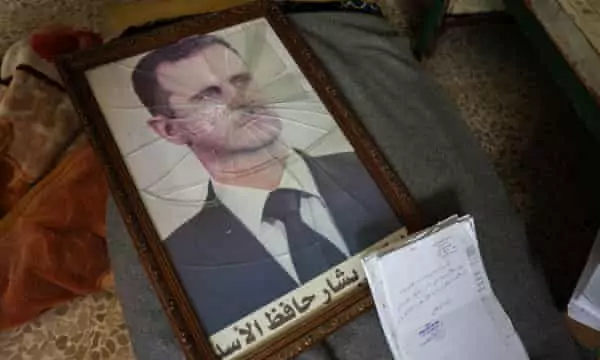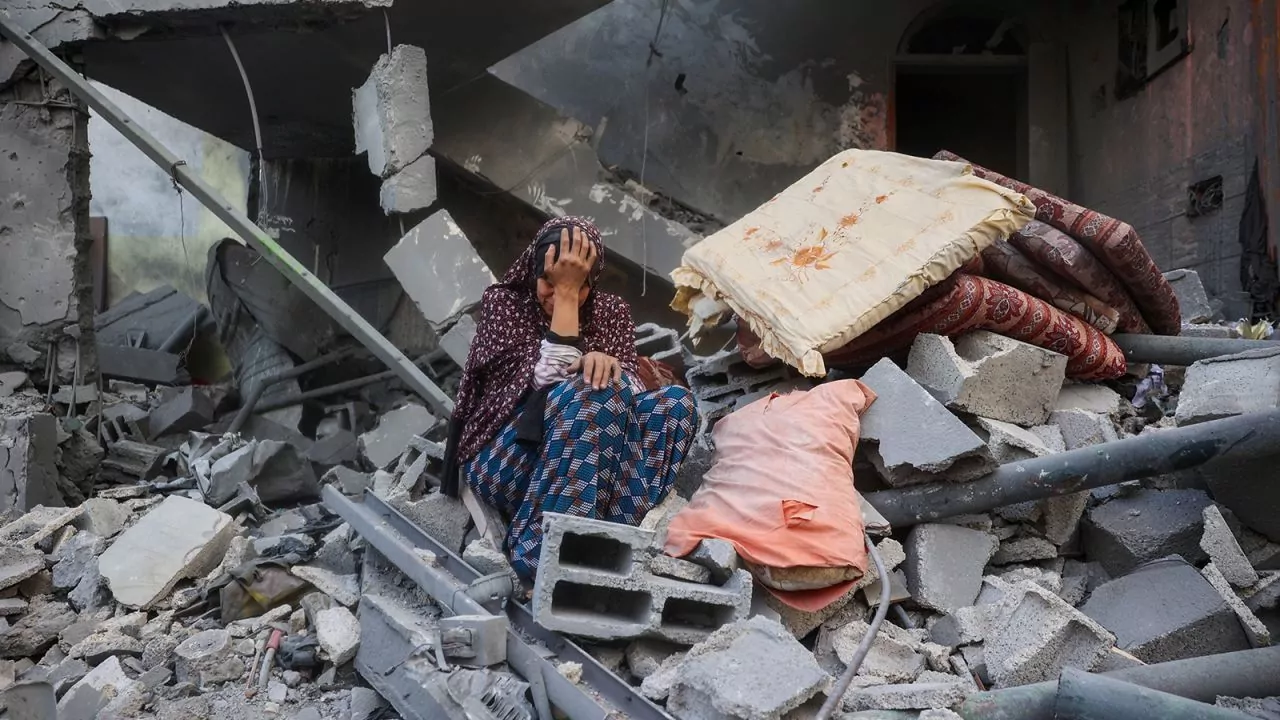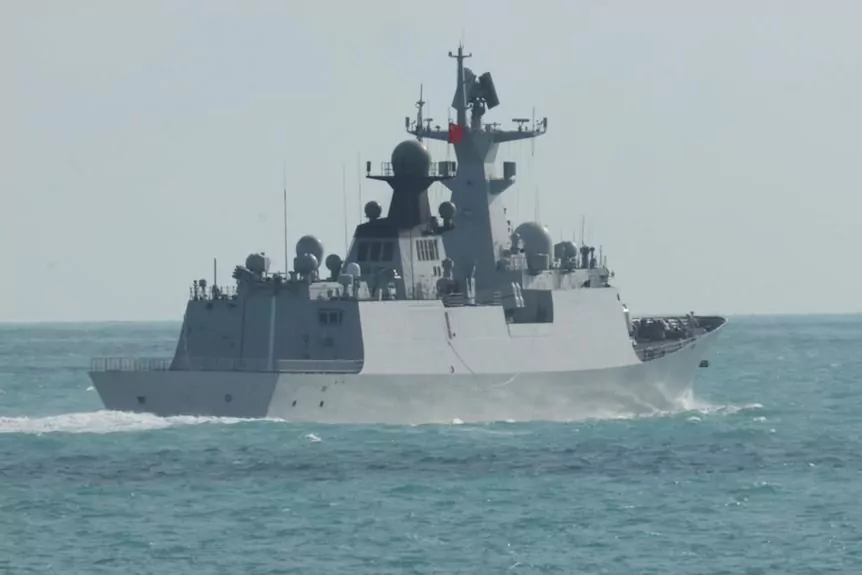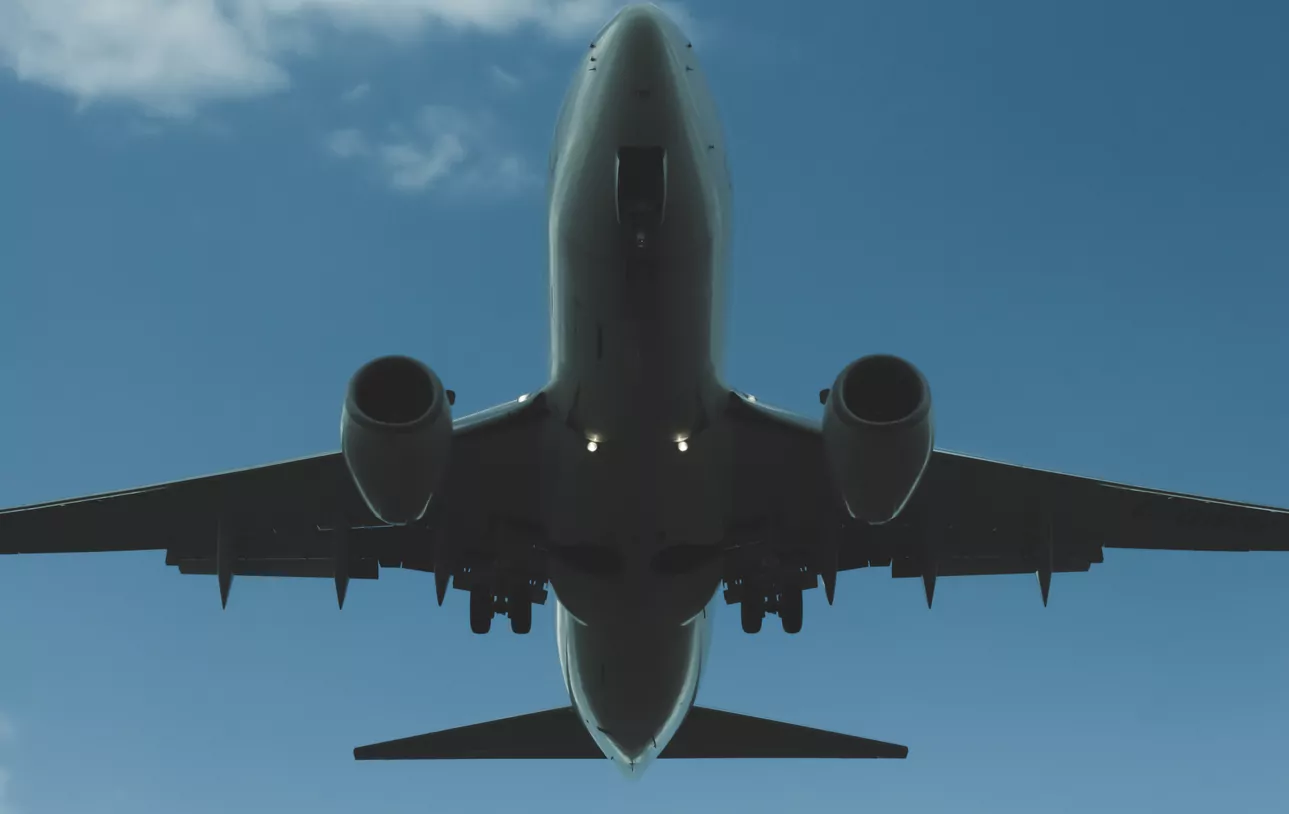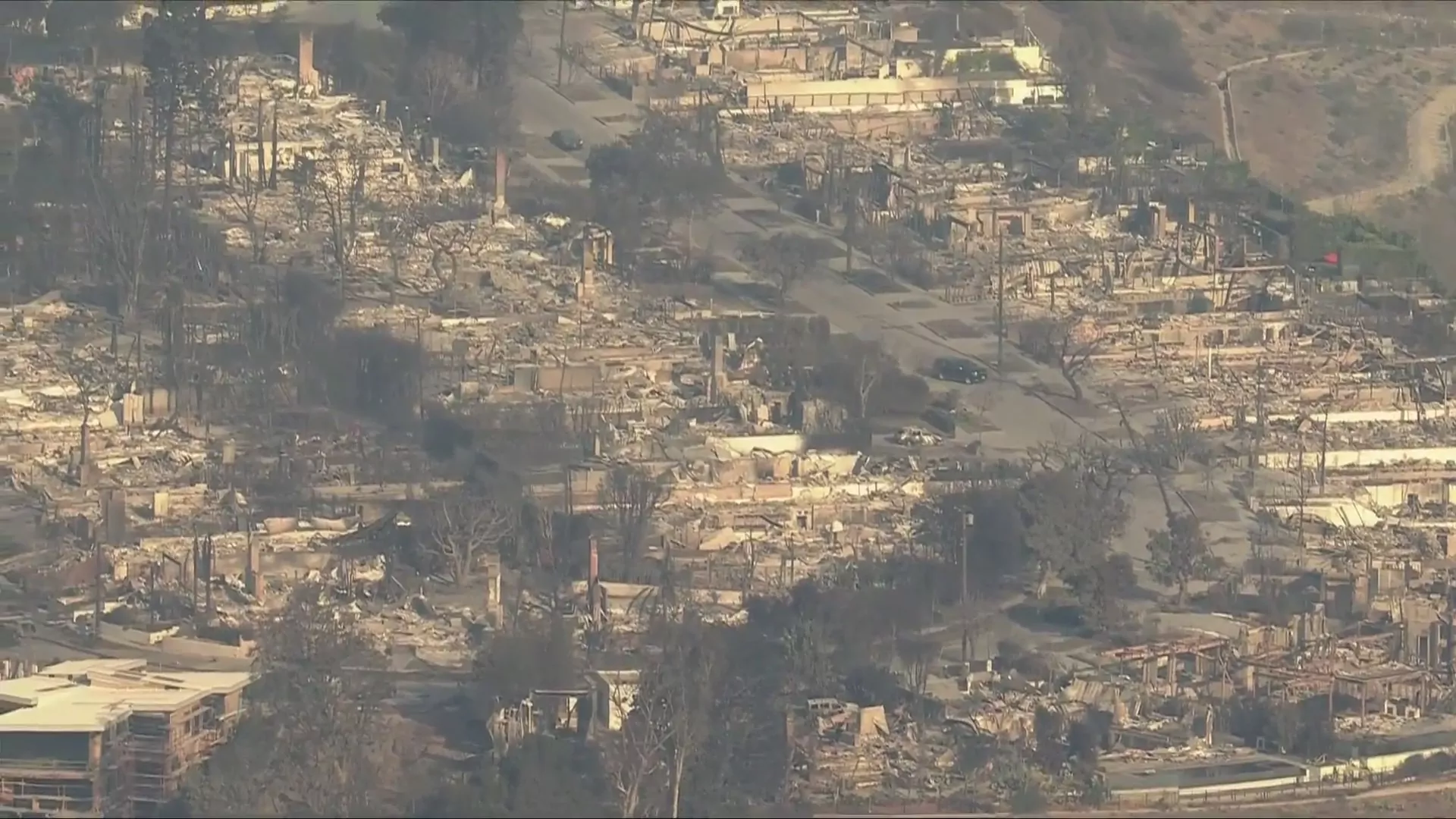The regime of Syrian President Bashar al-Assad has collapsed, with rebel forces capturing Damascus and other major cities in a swift and decisive advance. This marks the apparent end of Assad’s rule after more than a decade of brutal civil war and over five decades of Assad family dominance.
Rebel forces led by Hayat Tahrir al-Sham (HTS) reportedly entered the capital over the weekend, triggering celebrations and symbolic acts of defiance, including the destruction of statues of Assad’s father, former president Hafez al-Assad.
A rebel spokesperson, Ahmad al-Youssef, told The Times: “This is a victory for all Syrians. For years, we have suffered under dictatorship and war. Today, we are reclaiming our freedom.”
The Associated Press reported that streets in Damascus were filled with jubilant crowds, waving opposition flags and chanting slogans of liberation.
A resident speaking to AP said, “We’ve waited so long for this day. The fear that ruled our lives has finally been lifted.”
President Assad’s location remains unconfirmed, with some reports suggesting he fled to Moscow or Tehran.
Military sources quoted by The New York Post claimed that the president left Damascus just hours before rebel forces arrived.
“Assad and his family have abandoned Syria,” said a senior HTS official speaking to Al Jazeera. “This is proof that they never cared about this nation or its people.”
Rebel forces have also taken control of Aleppo, Homs, and Hama, encountering minimal resistance. Analysts suggest this swift collapse reflects years of internal weaknesses in the Assad regime. Dr. Lina Khatib, a Middle East expert, told AP, “The regime was held together largely by external support. Once that support faltered, its collapse was inevitable.”
The United States, which maintains approximately 900 troops in northeastern Syria, said it was closely monitoring the situation.
A Pentagon spokesperson told Reuters, “Our primary mission remains the containment of ISIS. However, we are assessing the implications of these developments on regional stability.”
Meanwhile, Russia and Iran, Assad’s key allies, have remained largely silent. The Guardian reported that Kremlin officials declined to comment, while Iranian state media downplayed the events in Syria.
Neighbouring countries, including Jordan and Lebanon, have taken precautionary measures to secure their borders. Jordanian officials told Al-Monitor that border crossings would remain closed indefinitely due to fears of unrest and refugee inflows.
Despite the celebratory scenes in Damascus, many experts warn of potential chaos as Syria faces a power vacuum. Hayat Tahrir al-Sham, which led the advance, has faced accusations of extremism in the past. The BBC quoted regional analyst Rami Abdulrahman, who said, “While HTS is presenting itself as a unifying force, its long-term intentions and ability to govern remain unclear.”
Dr. Lina Khatib told The Guardian, “This is a pivotal moment for Syria. The fall of Assad is historic, but without a unified vision among the rebels, the country risks descending into further instability.”
For Syrians, however, the moment is one of cautious optimism. Speaking to The Times, a Damascus resident said, “This is the first time in years that I’ve felt hope. We’ve suffered so much, but today, it feels like a new beginning.”
